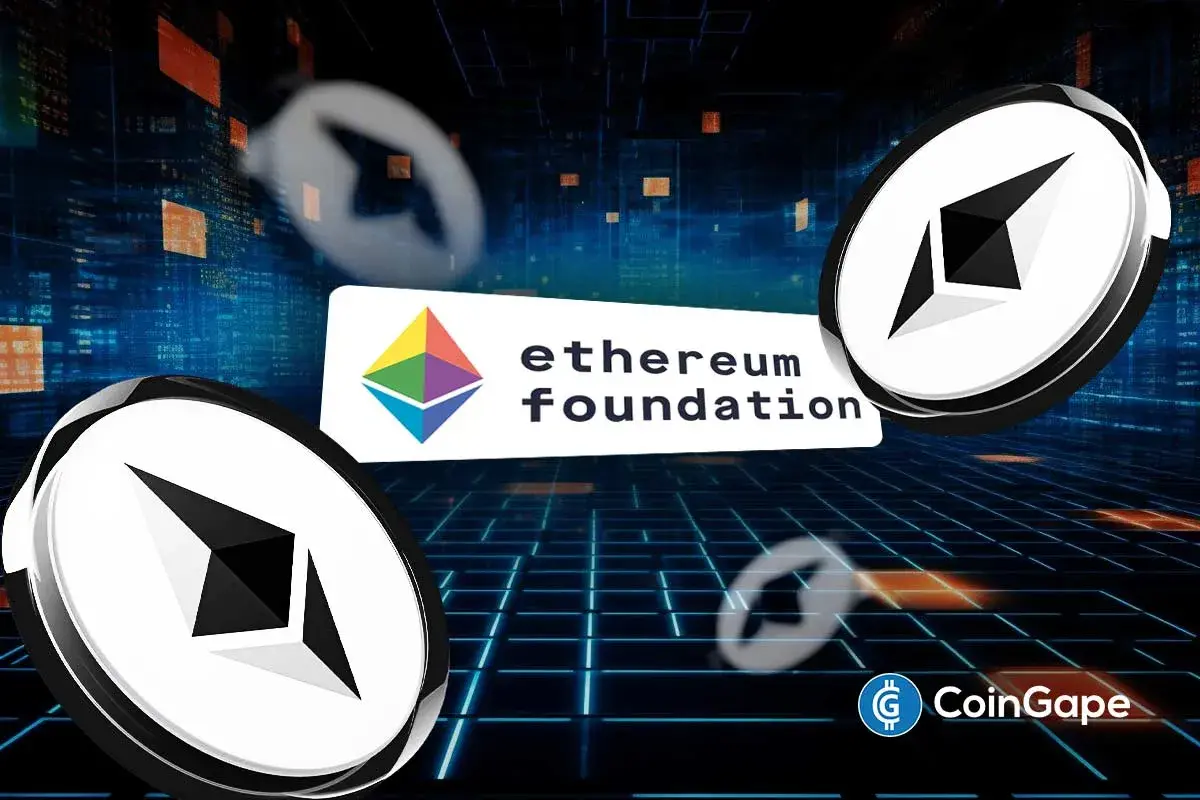Just-In: Vitalik Buterin’s Proposal To Mitigate Ethereum (ETH) Censorship

Ethereum co-founder Vitalik Buterin proposes “partial block auctions” to mitigate Ethereum censorship risks. Vitalik Buterin aims to constrain the power of builders to prevent centralization and other Ethereum economics exploitation. The concerns over Ethereum censorship increased excessively following the transition to proof-of-stake (PoS) with the Merge.
Vitalik Buterin to Prevent Ethereum Censorship with Partial Block Auctions
Ethereum co-founder Vitalik Buterin suggests limiting builders from entire block production as developers work to prevent Ethereum censorship after the Merge. He believes partial block auctions can further decentralize block production by allowing builders to choose “the first half of the block and not the second.”
“Instead of builders having full rein to construct the entire block if they win an auction, builders would have a more limited amount of power.”
However, builders will have enough power to capture almost all maximal extractable value (MEV) and capture other benefits of proposer/builder separation (PBS). In fact, builders can be reordered, pre-positioned, and appended, even proposers can be constrained.
Vitalik Buterin proposes three possible ways of limiting block production power. It includes Inclusion lists, Proposer suffixes, and pre-commit proposer suffixes.
Inclusion lists: proposer offers a list of transactions to be included in the block, unless the builder fills a block with other transactions. However, the weaknesses include incentive compatibility issues, additional burdens on proposers, abuse such as sandwich attacks, and partial enshrining for account abstraction.
Proposer suffixes: proposer creates a suffix for the block that allows builders to not see the proposer’s information and add transactions missed by builders. This reduces compatibility issues, but has the same weaknesses as in inclusion lists.
Pre-commit proposer suffixes: proposer pre-commits to a Merkle tree or KZG, and other transactions they want to include in the block. A builder creates a block and then a proposer adds the suffix. This removes a proposer’s MEV opportunities, but fixes other weaknesses.
Vitalik Buterin said limiting power for both proposers and builders and introducing a third party in the block production process to prevent centralization. Thus, it will help mitigate Ethereum censorship.
Ethereum (ETH) Price After the Merge
As concerns of censorship rise after the Merge, the Ethereum (ETH) price continues to remain weak. The censorship concerns have also caused the market cap of Circle’s USDC stablecoin to decline below $48 billion.
At the time of writing, Ethereum’s (ETH) price is trading at $1,290, down nearly 2% in the last 24 hours. The ETH price is down over 35% since the Merge.
Play 10,000+ Casino Games at BC Game with Ease
- Instant Deposits And Withdrawals
- Crypto Casino And Sports Betting
- Exclusive Bonuses And Rewards

- Breaking: Ethereum Treasury BitMine Adds 50,928 ETH as Tom Lee Predicts March Bottom For Crypto Prices
- Bitget Champions Women’s Role in Crypto as Part of International Women’s Day Campaign
- Breaking: Michael Saylor’s Strategy Adds 3,015 BTC as Bitcoin Holds Steady Despite U.S.-Iran War
- BitMine’s Tom Lee Bets on ‘March Turnaround’ to Spark Crypto Market Recovery
- Bitget Unveils MotoGP-Inspired ‘Smarter Speed Challenge’ for Crypto, Stocks, and Gold Trading in Latest UEX Push
- Pi Coin Price Prediction for March 2026 Amid Network Upgrade, KYC Boost, Rewards Distribution
- Gold Price Nears ATH; Silver Eyes $100 Breakout on Us- Iran War
- Bitcoin And XRP Price As US Kills Iran Supreme Leader- Is A Crypto Crash Ahead?
- Gold Price Prediction 2026: Analysts Expect Gold to Reach $6,300 This Year
- Circle (CRCL) Stock Price Prediction as Today is the CLARITY Act Deadline
- Analysts Predict Where XRP Price Could Close This Week – March 2026

 Buy $GGs
Buy $GGs

















